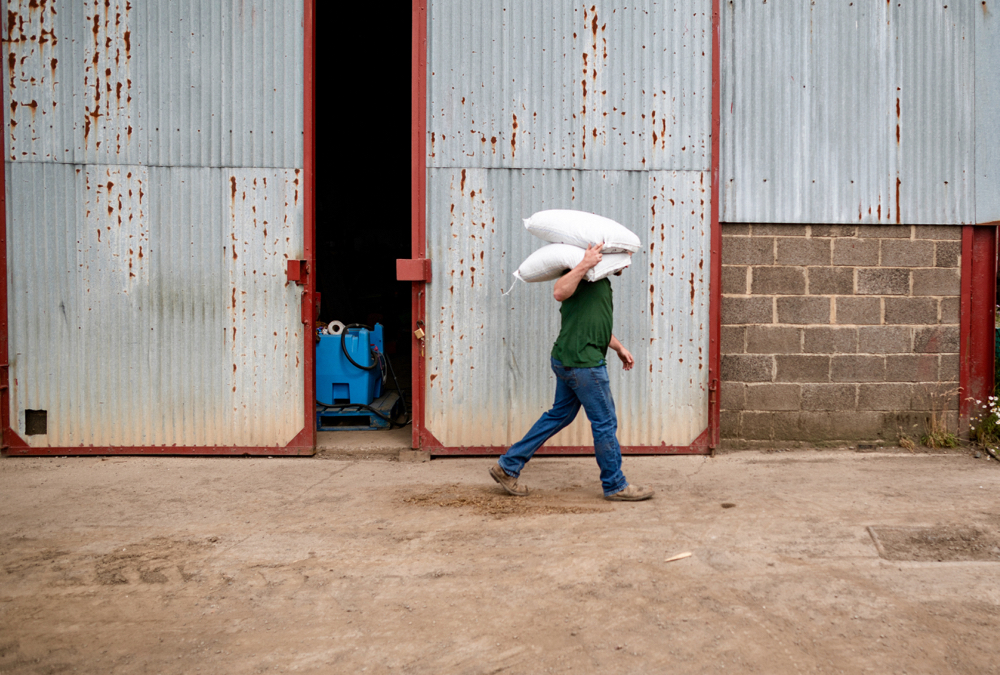Canadian farmers have a long history of employing temporary foreign workers.
In 1966 the Seasonal Agricultural Workers Program was formed and brought 264 Jamaican workers to Canada to pick apples.
That program has functioned well over the years for its intended purpose of filling short-term seasonal positions that weren’t attractive to Canadians. It has grown a lot, with about 26,000 workers a year now coming here.
Read Also

A short recap of the never-ending glyphosate saga
Prairie farmers are concerned about the chances of losing a herbicide that’s played a pivotal role in conservation agriculture — and the chill this saga puts on new product investment.
But that’s just one program that brings workers into the country. There’s also the agricultural stream of the broader temporary foreign workers program. In 2021, the last year statistics are readily available, 61,735 workers were approved.
That doesn’t touch on other positions in sectors that are vital to agriculture — food processing being a key example. That sector employs an estimated 40,000 temporary foreign workers.
If the concept of temporary foreign workers had been limited to agriculture, as it was first envisioned in the 1960s, it probably would have flown under the public radar. Few want to pick apples or toil in vegetable fields in Canada. But in recent years it has grown dramatically to encompass sectors that were never originally thought to be staffed by non-citizen workers.
Temporary workers in the retail and food service sectors in particular are bones of contention for the Canadian public. While the numbers are smaller — about 8,300 a year as of 2023 — they’ve grown dramatically. A Toronto Star report claimed between 2016 and 2023 the number of food service workers in kitchens and front counters had grown by 4,000 per cent.
The Globe and Mail put hard numbers on this trend in an article earlier this month.
“From 2017 to 2021, employers received approval to fill more than 20,000 cook positions, making it the No. 3 role of TFW demand, behind general farm workers and greenhouse workers. Food service supervisors – such as shift managers at fast-food restaurants – clocked in at No. 5, with nearly 15,000 approved positions. Most of these hospitality roles were in the low-wage stream,” reporters wrote.
That same report detailed the explosive growth in international students as employees, also predominantly in restaurant and retail occupations.
“The number of international students with T4 earnings – that is, employment income – has skyrocketed to 354,000 in 2019, from 22,000 in 2000, according to Statscan,” they wrote.
The average citizen isn’t conversant in the various streams that bring labour into the country. They take the effects as a whole, and they don’t like what they see.
They’re observing housing costs that bear little resemblance to an average worker’s ability to pay. Collapsing public social infrastructure like health care. A ballooning youth unemployment rate approaching that of Italy and Spain, which have long been derided as Europe’s economic basket cases.
As this has happened, the public mood has turned on all things associated with immigration, including temporary workers.
A recent Environics public opinion poll found nearly 60 per cent of Canadians now believe immigration levels — both temporary and permanent — are too high. They reported that it’s the fastest shift in a two-year period since their Focus Canada research project began asking the question in 1977.
Perhaps in a sign of how quickly this has changed, the agriculture sector seemed largely unprepared when Marc Miller, the federal immigration minister, declared earlier this month in a speech in Vancouver that “the age of unlimited supply of cheap foreign labour is over” and specifically called out agriculture and food processing as areas where “exploitative relationships” exist.
When our Ottawa correspondent Jonah Grignon spoke to agriculture and food processing groups, few were prepared to comment. The one group that did respond, the Canadian Meat Council, felt the situation was being mischaracterized.
That may be the case. And there are certainly plenty of farms and food processors that ethically employ foreign employees.
That won’t matter if the political winds continue to swirl as they are.
Agriculture will be asked some tough questions, and the sector will need to have credible answers and be above reproach.
















